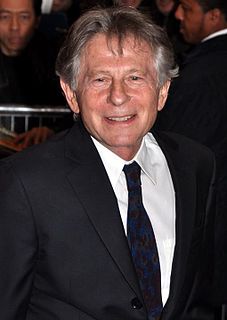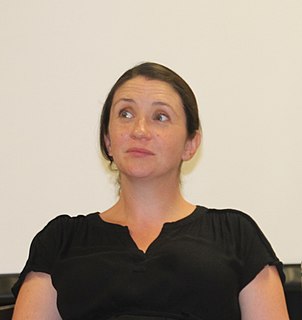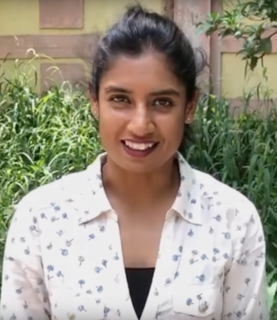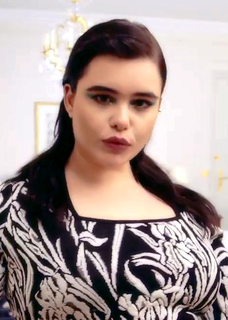A Quote by Kathleen Hanna
Young girls getting into feminism.
Quote Topics
Related Quotes
On Girls I like being a mouthpiece for the issues I think young females face today. It’s always shocking when people question whether it’s a feminist show. How could a show about women exploring women not be? Feminism isn’t a dirty word. It’s not like we’re a deranged group who think women should take over the planet, raise our young on our own and eliminate men from the picture. Feminism is about women having all the rights that men have.
I wanted to start a website for teenaged girls that was not kind of this one-dimensional strong character empowerment thing, because one thing that can be very alienating about a misconception of feminism is that girls then think that to be feminists, they have to live up to being perfectly consistent in their beliefs, never being insecure, never having doubts, having all the answers...and this is not true and actually, recognizing all the contradictions I was feeling became easier once I realized that feminism was not a rule book but a discussion, a conversation, a process.
When I grew up, feminism wasn’t something that was really talked about. There’s a really negative stereotype about feminism in the media. That really plays badly for young women understanding the movement. Maybe people don’t want to identify themselves as feminists because of the label. But people need to understand what feminism means and educate themselves before they reject it.
I think feminism has always been global. I think there's feminism everywhere throughout the world. I think, though, for Western feminism and for American feminism, it not so surprisingly continues to center Western feminism and American feminism. And I think the biggest hurdle American feminists have in terms of taking a more global approach is that too often when you hear American feminists talk about international feminism or women in other countries, it kind of goes along with this condescending point of view like we have to save the women of such-and-such country; we have to help them.



































